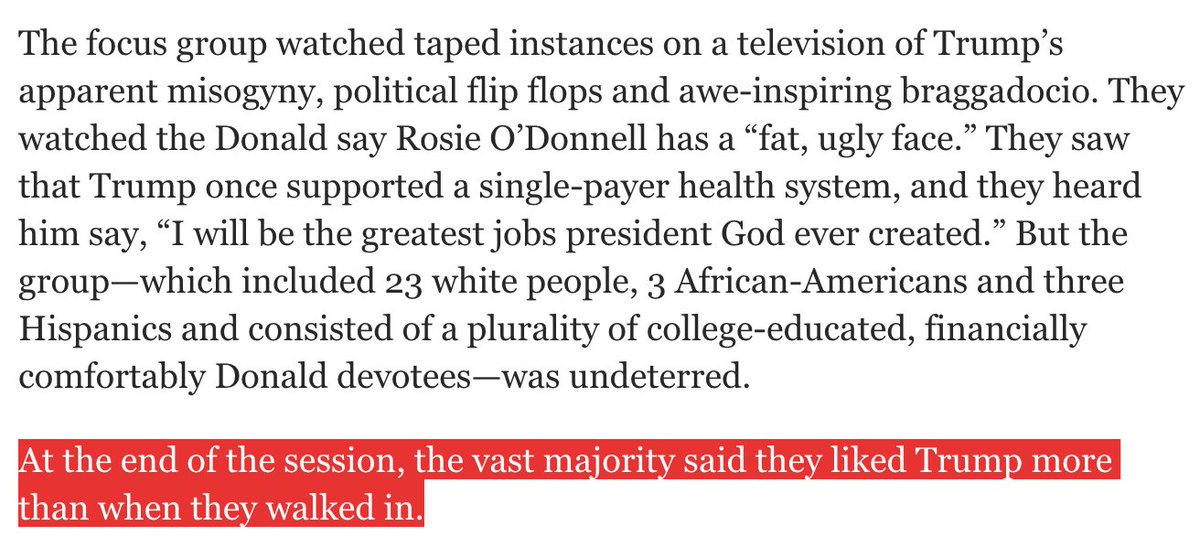Mr. Trumps support among white supremacists has been building from the day he announced his candidacy, when he characterized Mexican immigrants as rapists.
Since then, Mr. Trump or the glorious leader, as one white-power writer is calling him has only grown more popular with that constituency, which cheered his proposal to ban all Muslim immigration and his since-debunked claim to have seen thousands and thousands of Muslims celebrating the terrorist attacks of Sept. 11, 2001, in New Jersey.
Mr. Trump has amplified the messages of some white-power proponents himself: In January, he resent a Twitter message from a site called @WhiteGenocideTm. And he has done the same with statistics on black-on-white crime that were later shown to be false.
Nor was Mr. Trumps CNN interview on Sunday the first time he had been pressed to repudiate his white supremacist supporters.
In January, when Mr. Trump was questioned about the robocalls made on his behalf in Iowa by white supremacists, including Mr. Taylor, he said that he disapproved of the calls, but that his supporters were animated by a legitimate anger over the violent crimes being committed by illegal immigrants.
Mr. Trumps failure to distance himself more sharply from white-power adherents has been minutely observed in online discussion forums.
The American Freedom Party, a white power group, has a daily hourlong podcast devoted to him. And Mr. Trump will be a frequent topic at American Renaissances annual conference in May.
For people on the fringes of the American political right, Mr. Trumps campaign has held out the promise of a white-power resurgence.
The march to victory will not be won by Donald Trump in 2016, but this could be the steppingstone we need to then radicalize millions of White working and middle class families to the call to truly begin a struggle for Faith, family and folk, Matthew Heimbach, co-founder of the Traditionalist Youth Network, wrote on the groups website in October.



